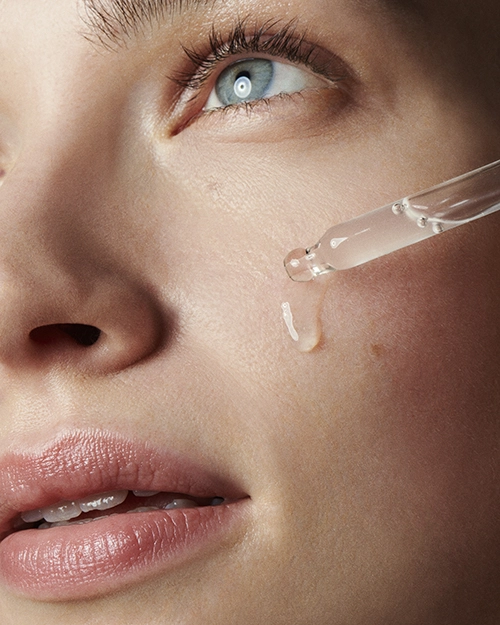A Stripped-Back Guide to Managing Acne
- Megan Elmer
- Nov 1, 2023
- 3 min read
Updated: Nov 22, 2023
Dealing with acne can be a frustrating and sometimes even disheartening experience. However, it's important to remember that you're not alone, and there are effective strategies to manage and reduce acne breakouts, without an overly complicated routine. A smart and simple approach to looking after inflamed skin is a great way to manage and tackle acne.
Understand Your Skin Type
Before diving into any skincare routine, it's crucial to understand your skin type. Different skin types have varying needs, and using the wrong products can exacerbate acne issues. Consult a skin specialist if you're unsure about your skin type and what products will work best for you.
Develop a Consistent Cleansing Routine
A proper cleansing routine is the cornerstone of any effective skincare regimen. Using a gentle, soap-free cleanser to wash your face both morning and night is a first step to clearer skin. This helps remove excess oil, SPF, pollution and impurities that can clog pores and lead to breakouts.

Incorporate Exfoliation
Regular exfoliation helps remove dead skin cells, which can contribute to blocked pores and acne breakouts. However, be cautious not to over-exfoliate, as it can irritate your skin and exacerbate the problem. Aim to exfoliate your skin using acids such as Glycolic and Salicylic acid, which help to reduce inflammation and kill bacteria inside the breakouts. Try Lumimask by Valmont for gentle effective chemical exfoliation.
Consider Retinol
Topical treatments containing Retinol can be highly effective in managing acne. These beautiful and effective ingredients work by targeting bacteria, reducing inflammation, preventing congested pores and resurfacing acne scarring and post-inflammatory pigmentation. Start with a lower concentration of 0.3% once per week moving to twice per week and eventually increasing the percentage of retinol concentration, it is important to gradually increase the strength of retinol as your skin adapts to it. *Always use SPF to protect your skin from pigmentation while using retinol
Hydration is Key
Maintaining proper hydration is crucial for healthy skin. Drink lots of water and add hyaluronic acid serum to your daily routine to keep your skin hydrated and protected from dehydration even if it feels oily.
Be Mindful of Diet
While diet isn't the primary cause of acne, certain foods may exacerbate breakouts in some individuals. Consider reducing your intake of dairy, high-glycemic index foods, and sugary snacks. Focus on a balanced diet rich in fruits, vegetables, lean proteins, and whole grains.
Book Professional Skin treatments
If your acne is not easy to manage, and home remedies do not deliver results consider seeing skin professional for chemical peels to target acne on a deeper level, deep cleansing facials to decongest skin from breakouts, LED phototherapy which will reduce inflammation
Avoid Touching Your Face
Try not to your face, as this can transfer bacteria and oils from your hands to your skin, potentially causing breakouts. Although tempting, refrain from picking or popping existing pimples, as this can lead to scarring and further inflammation. If you have to, make sure to wash your skin and your hands prior, use salicylic acid to sanitise the breakout and apply it straight after to reduce inflammation.
Get Good Quality Sleep
Quality sleep is essential for overall health, including skin health. Aim for 7-9 hours of restful sleep each night to allow your body to repair and rejuvenate My top tip: Sleeping with a silk pillowcase is great for your skin as it allows the skin to retain more moisture. It also absorbs less skincare products as opposed to a cotton pillowcase.
Manage Stress
Stress can exacerbate acne, so it's important to find healthy ways to manage it. Engage in relaxation techniques such as meditation, yoga, deep breathing exercises and any other activities that bring you joy and piece. Regular exercise helps reduce stress levels, lowers cortisol and improves skin conditions.
.png)














































To Analyze your skincare ingredients to prevent clogged pores, an online checker can be a real game-changer. It can be overwhelming to try and memorize all the potentially pore-clogging ingredients out there. These tools simplify the process: you provide the ingredient list, and it highlights any that have a moderate to high likelihood of causing comedones. This is especially useful when you're trying out new products or trying to troubleshoot existing breakouts. It helps you become a more savvy skincare consumer and tailor your routine more effectively.